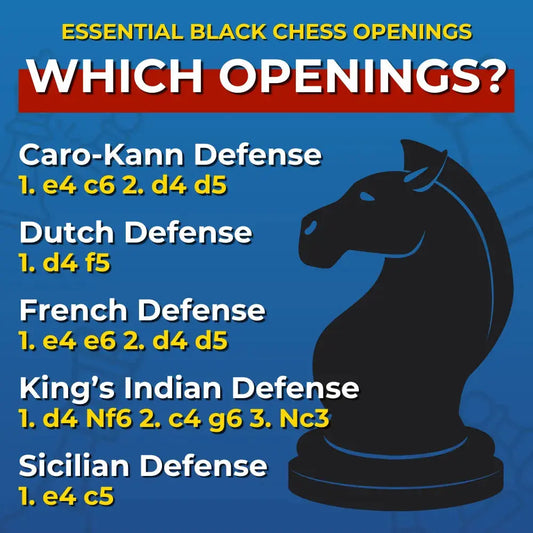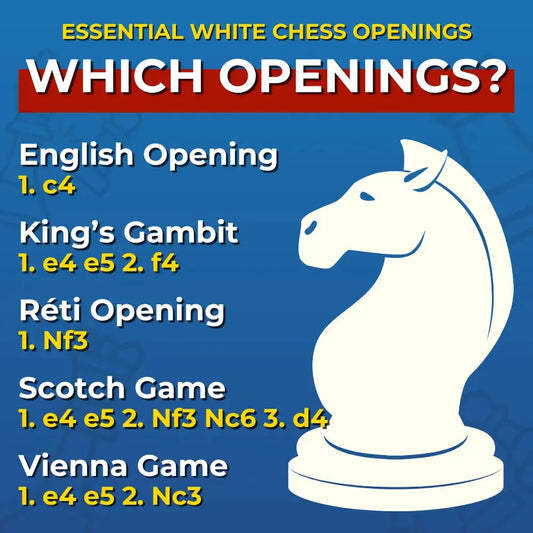The London System is one of the best openings for beginners because it provides a reliable, easy-to-learn structure that works against almost everything Black plays. You focus less on memorizing lines and more on understanding fundamental chess principles.
Beginner Mistakes & Simple Fixes
| Core Mistake | Structure for Addressing | Actionable Fixes |
| Trading the Bf4 Too Early | Allowing Black to exchange your active Bishop for a Knight or another minor piece. | If Black attacks Bf4 (e.g., with ...Nh5 or ...Bd6), retreat it to Bg3 to maintain the Bishop pair. |
| Not Protecting b2 Pawn | Falling into the ...c5 / ...Qb6 trap where b2 is captured. | After d4, Bf4, e3, always play c3 early to support d4 and prepare a defense for b2 (or use Qb3). |
| Developing Nf3 Too Soon | Allowing Black's ...Bg4 to pin your Knight. | Prioritize Bf4 and e3. You can delay Nf3 and develop the Knight to d2 first (Nbd2), avoiding the pin. |
| Aimless Middlegame Play | Completing development but having no concrete plan to improve the position. | Always aim for the central break e4 or the Kingside outpost Ne5 as your primary goals. |
The Fundamental London Setup (The "London Triangle")
The beauty of the London System lies in its fixed, repeatable structure. Focus on achieving these key steps, which can be played in a flexible order depending on Black's moves:
-
Open with d4: Control the center.
-
Get the Bishop Out (Bf4): This is the defining move. Develop your dark-squared Bishop immediately before the e-pawn blocks it.
-
Create the Pawn Triangle (e3 and c3): Build a solid, resilient structure with pawns on d4, e3, and c3. This protects d4 and prepares for further development.
-
Develop Knights (Nf3 and Nbd2): The Kingside Knight goes to f3. The Queenside Knight is uniquely placed on d2; this piece supports e4 and can later hop to f3 or b3.
-
Place the Last Bishop (Bd3): Develop the light-squared Bishop to d3, where it aims straight at Black’s Kingside (specifically h7) and prepares for castling.
-
Castle Kingside (O-O): Get your King to safety.
Once you achieve this setup, you have a solid position ready for the middlegame.
Simple Middlegame Plans
With your pieces safely positioned, your strategy against most Black defenses revolves around two main actionable plans:
1. The Central Break (e4)
Your long-term goal is to achieve the central pawn push e4. This move challenges Black’s center, opens lines for your pieces, and can lead to immediate tactical opportunities. You prepare for it by placing the Nf3 on d2 and sometimes bringing the Rook to e1 (Rfe1) and the Queen to e2 (Qe2) to support the break.
2. The Kingside Outpost (Ne5)
If an immediate e4 is too difficult, you can often establish a dominant Knight on e5. This Knight is hard for Black to dislodge and pressures f7, d7, and c6. Once the Knight is on e5, support it with the Queen (often Qf3) and look for opportunities to initiate a Kingside attack, sometimes involving the f-pawn push.
The beauty of the london system chess opening is that you can follow this blueprint regardless of whether Black plays a King's Indian, a Slav, or a Symmetrical setup.












